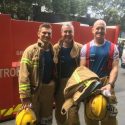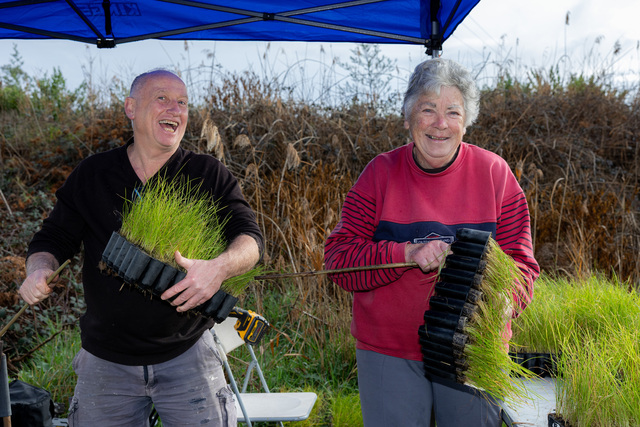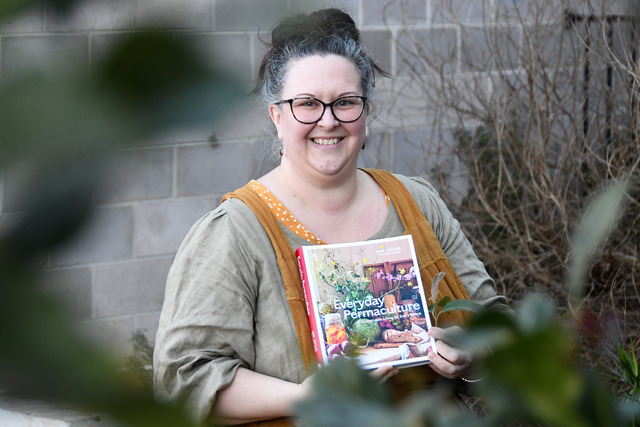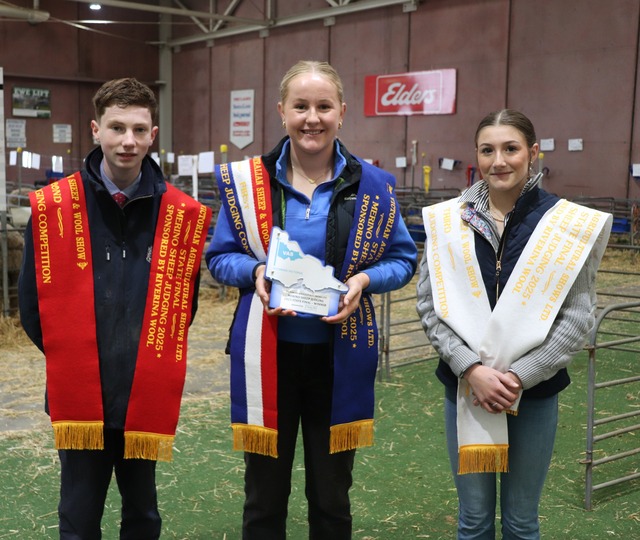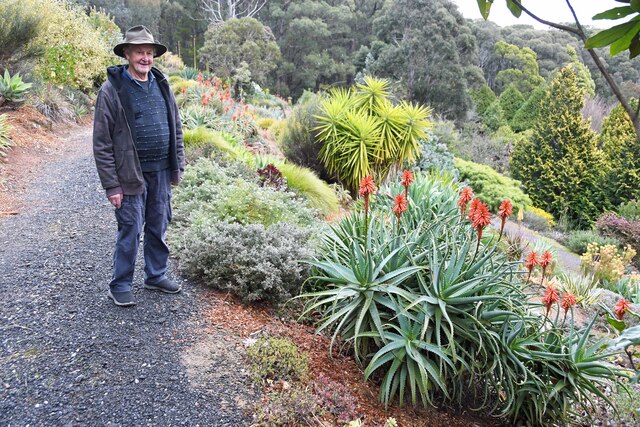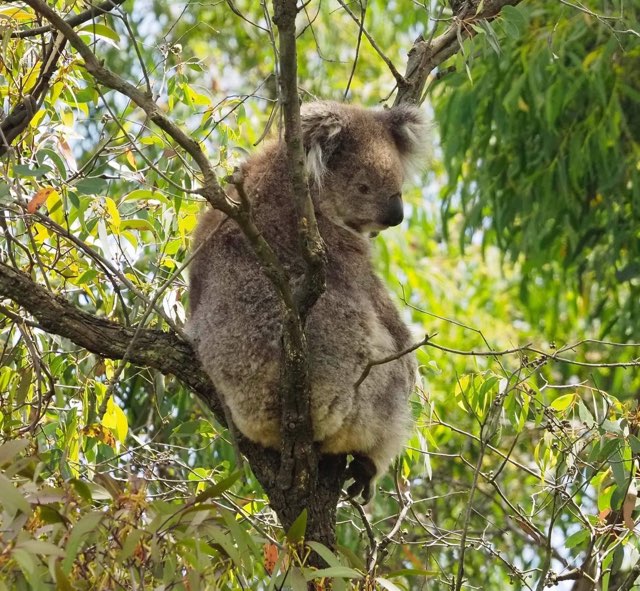Hallam CFA firefighters have shown a great turn of speed and stamina, winning the Melbourne Firefighter Stairclimb on 1 September.
Ben Cogger, Shayne Egan and Mark Palmer’s hard training on the Thousand Steps in the Dandenongs paid off by blitzing the 28-floor climb at the Crown Metropol Hotel in the CBD.
With all runners in full fire-fighting gear and breathing apparatus, the challenge proved a gruelling experience, Mr Egan said.
“Though we are used to doing a bit of exercise – it’s a hard job to do if you’re not fit.”
Individually, Mr Cogger and Mr Palmer finished in the top 20 runners – reaching the top within four-and-a-half minutes.
And just as importantly, the team also raised more than $2000 in donations.
The climb attracted 650 firefighters from Victoria, NSW, Tasmania and New Zealand, raising more than $500,000 for Lifeline and the Black Dog Institute.
The funds will go towards research, support services and removing the stigma of depression, post-traumatic stress disorder(PTSD) and suicide in the emergency services.
“It’s unfortunate that fire-fighters can suffer negative mental-health impacts,” Mr Egan said.
“So we’re happy to do anything we can to raise awareness.”
Fortunately, the stigma around mental health was dropping.
“It’s much better than in years past when it wasn’t talked about.
“We know the support is there. If someone’s not coping, we rally around them.
“It can happen to anyone.”
An estimated one in 10 Australian fireys suffer from PTSD, Black Dog Institute chief psychiatrist Samuel Harvey said.
Funds from the event would help provide better mental health education, training and support, he said.
“We are now at a point where our research has shown how disorders such as PTSD can be effectively treated and we are beginning to understand what needs to be done to help prevent these disorders occurring in the first place.”
Funds will also go directly to employing trainers and supervisors for Lifeline – which fields nearly 1 million calls across Australia each year.
If you need help, call Lifeline on 13 11 14.

